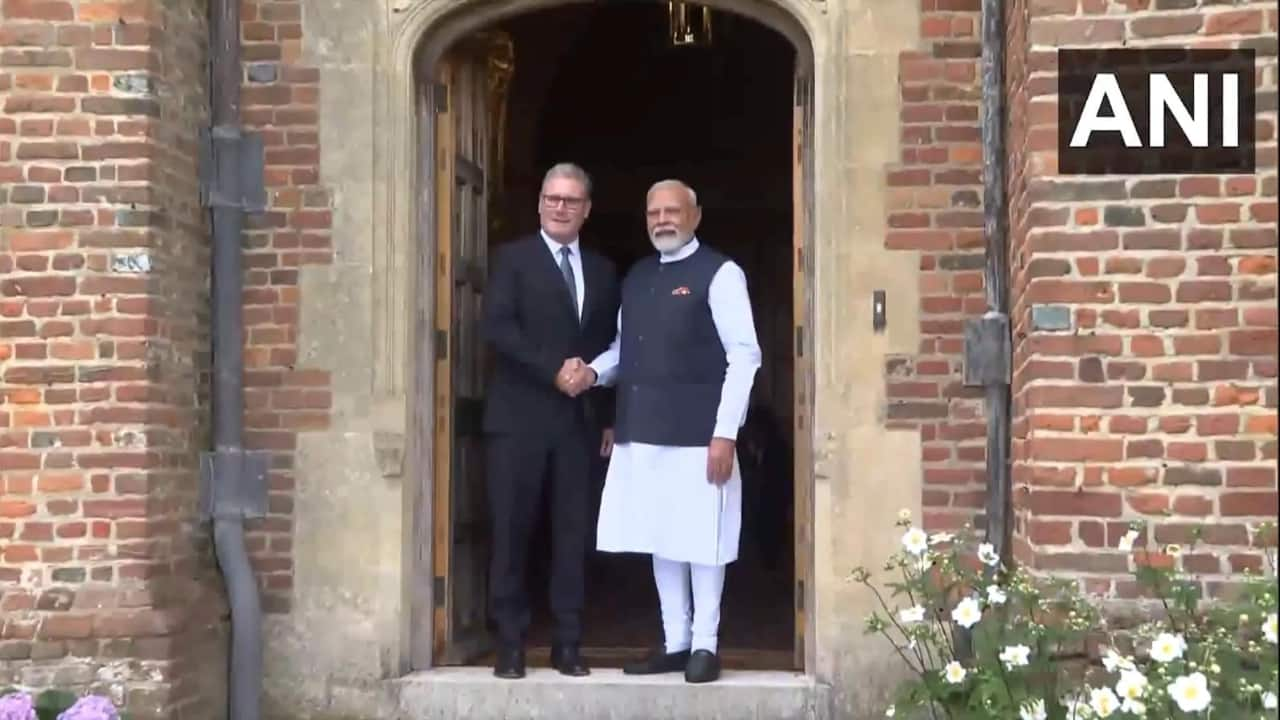Climate Finance Failing the World's Most Vulnerable: A Crisis of Responsibility

Climate Finance Failing the World’s Most Vulnerable: A Crisis of Responsibility
The promise of climate finance – funds pledged by developed nations to help developing countries adapt to and mitigate the impacts of climate change – has become a stark illustration of broken promises and systemic inequality. Originally conceived as a lifeline for nations facing devastating climate impacts, the current system has tragically inverted the relationship between responsibility and consequence. Those least responsible for causing the climate crisis are bearing the brunt of its effects, while the nations most culpable are failing to deliver on their financial commitments.
The Unmet $100 Billion Pledge: A Persistent Shortfall
For years, developed nations have pledged to mobilize $100 billion annually in climate finance for developing countries. This commitment, made at the 2009 Copenhagen climate summit, remains largely unfulfilled. While some progress has been made, estimates consistently show that the target hasn't been reached, and even when funds are provided, they often fall short of the actual needs. The shortfall isn't just about the monetary amount; it's about the underlying principles of fairness and accountability.
A System of Inverse Proportionality
The core problem lies in the way climate finance is structured and delivered. Vulnerable nations, often island states and those in the Global South, are experiencing increasingly severe climate impacts – rising sea levels, extreme weather events, and disruptions to agricultural systems. These nations have contributed minimally to the greenhouse gas emissions driving climate change. Yet, they are the ones facing existential threats and requiring substantial financial assistance to adapt and build resilience.
Conversely, developed nations, historically the largest emitters, have been slow to provide the necessary resources. The funds that are provided are often tied to complex conditions, bureaucratic hurdles, and projects that don't necessarily align with the priorities of the recipient countries. This creates a system where those facing the greatest threat receive the least support, while those most responsible for the problem are shielded from the full consequences.
Beyond the $100 Billion: The Need for Transformative Change
The $100 billion pledge, while important, is increasingly recognized as a floor, not a ceiling. The actual financing needs are far greater, estimated to be in the trillions of dollars annually to effectively address the climate crisis and its impacts. Moreover, the focus needs to shift from simply meeting a numerical target to ensuring that climate finance is:
- Needs-based: Prioritizing projects and programs that directly address the most pressing adaptation and mitigation needs of vulnerable countries.
- Accessible: Streamlining bureaucratic processes and reducing the complexity of accessing funds.
- Accountable: Establishing robust mechanisms for monitoring and evaluating the effectiveness of climate finance, with clear consequences for non-delivery.
- Grant-based: Moving away from loans and towards grants, especially for the most vulnerable nations, to avoid increasing their debt burden.
The Future of Climate Finance: A Call for Justice
Addressing the climate finance crisis is not just about fulfilling financial commitments; it’s about upholding principles of climate justice. Developed nations have a moral and legal obligation to support vulnerable countries in their efforts to adapt to and mitigate climate change. Failure to do so will not only exacerbate the climate crisis but also undermine the global effort to achieve a sustainable and equitable future. The time for empty promises is over. Concrete action, driven by a commitment to fairness and accountability, is urgently needed to ensure that climate finance truly serves those who need it most.






